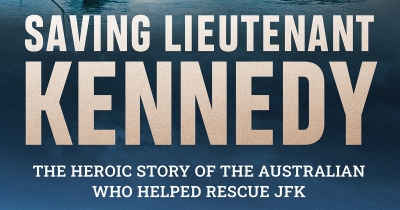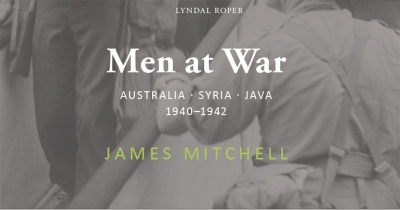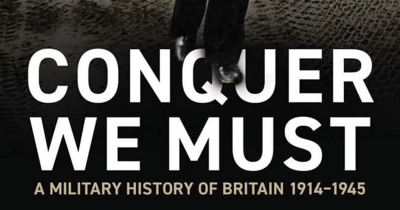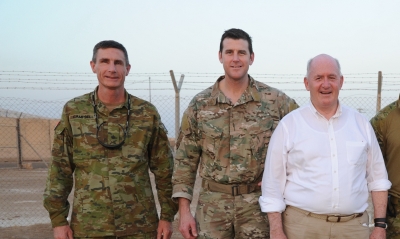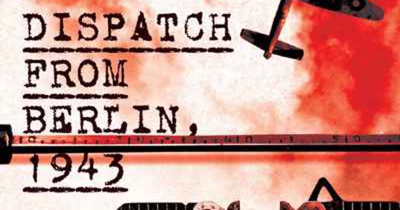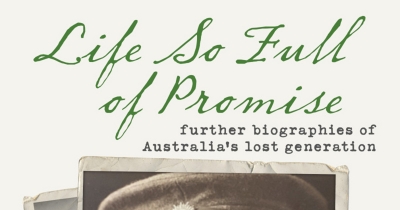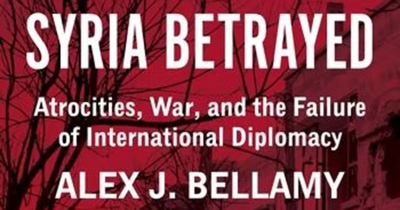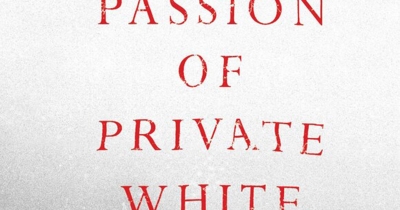Military History
Saving Lieutenant Kennedy: The heroic story of the Australian who helped rescue JFK by Brett Mason
Men at War: Australia, Syria, Java 1940–1942 by James Mitchell
Conquer We Must: A military history of Britain 1914–1945 by Robin Prior
Justice Anthony Besanko’s dismissal of Ben Roberts-Smith’s defamation proceedings against a trio of mastheads – The Age, The Canberra Times, and The Sydney Morning Herald, at the time all owned by Fairfax – was a comprehensive victory for those newspapers. It was a vindication of their serious investigative journalism on matters of high public interest. And it was a devastating blow to the reputation of Roberts-Smith.
... (read more)Dispatch from Berlin, 1943: The story of five journalists who risked everything by Anthony Cooper, with Thorsten Perl
Life So Full Of Promise: Further biographies of Australia’s lost generation by Ross McMullin
Syria Betrayed: Atrocities, war, and the failure of international diplomacy by Alex J. Bellamy
Wizards of Oz: How Oliphant and Florey helped win the war and shape the modern world by Brett Mason
More than thirty years after the last helicopters left the roof of the American embassy in Saigon, the flow of new books on the Vietnam war shows no sign of abating. Among them are some intended for a limited, scholarly market, some for a wider general readership; some for Americans, some for Australians. These three books exemplify some of the trends in both the substance and the style of Vietnam war histories, and illustrate both the virtues and the faults of differing approaches to the most controversial conflict of the twentieth century.
... (read more)
